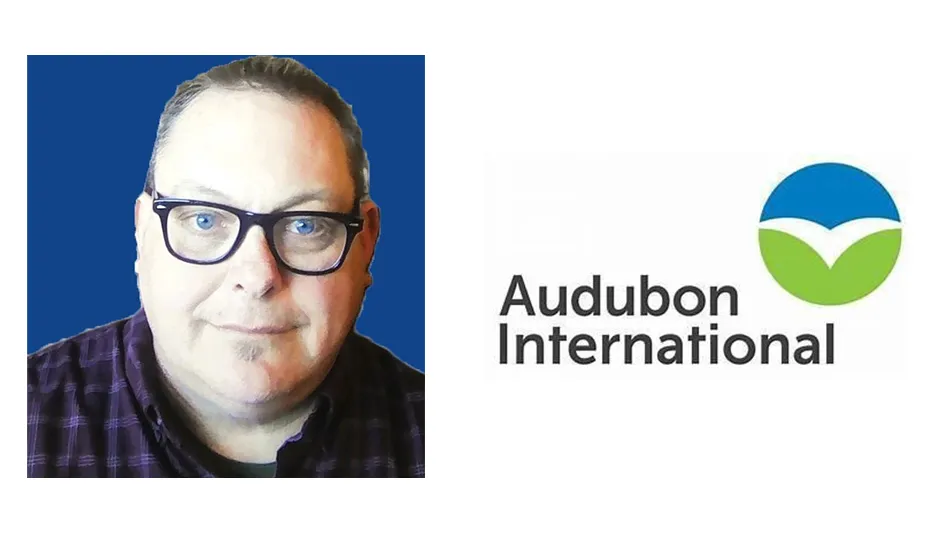Hiring a c.e.o. attracts attention. The GCSAA’s recent search for its next c.e.o. was no exception. Due to the unexpected length of time it took to name Steve Mona’s replacement, speculation about his successor grew sizably. No name was mentioned consistently as the likely next c.e.o.
However, surprisingly, well before the name of the next c.e.o. was announced, speculation had coalesced around one central theme – because the GCSAA was perceived to be at a significant crossroads within its long, noble history, the almost universal hope (not expectation) of the members and industry leaders watching was that the next c.e.o. would be a person with the requisite experience and vision to bring much-needed change to the present GCSAA culture.
Accordingly, when Mark Woodward was announced as the new c.e.o. earlier this year, this sizable awaiting audience was quick to respond because it knew what it wanted and suspected it wasn’t likely to get it. Consequently, a wave of respectful disappointment spread quickly throughout that segment of the membership ranks paying attention.
It’s important to note this seemingly negative response to this hiring isn’t a personal matter because Woodward is respected by his peers as a person, for his career path and for his extensive knowledge of GCSAA affairs and the operating world of the golf course superintendent. But, is he the right man at this time for the GCSAA? Many think not basically because it appears Woodward would offer little support for the core change the GCSAA now requires.
Identifying what this core change should entail isn’t new business because these cards have been in play for several years now – without drawing effective response. The fundamental point is an increasing number of GCSAA members are finding it more difficult to support an associationwide culture that consistently ignores member welfare and subverts members’ rights.
To support this premise, I cite the following factual association history:
- No GCSAA board has addressed the pressing, but still readily resolvable, industry practice that generally denies members access to the security of written contracts. (Read my May 2008 GCI column.)
- Politically motivated chapters consistently commandeer the individual voting opportunities of their members.
- GCSAA boards claim they act transparently yet refuse to publish their meeting minutes to confirm this assertion.
- Board policy deliberately denies the membership access to board members’ voting records but then allows these same board members to run for reelection without disclosing their prior voting records while on the board.
- Vice presidents run unopposed for reelection, which ensures they can’t be held accountable for their actions.
- The association bylaws allow GCSAA boards to operate with impunity, without the possibility of being held accountable for their actions.
To ensure new thinking doesn’t penetrate board policy-making, the association bylaws have been prepared to deny the membership any input to the board nominating process. It seems members exist to pay dues and GIS education fees, then stay out of the way to allow board and staff agendas to predominate. Remind anyone of an early American theme, i.e., taxation without representation?
Then, there’s the mysterious concept of the Board Policy Oversight Task Group, which appears to be a device that provides GCSAA boards with cover when their actions are questioned. GCSAA boards appoint the members to the BPOTG and designate a recent GCSAA past president to serve as BPOTG chairman – hardly an objective evaluation team. Then, when pressure on a board arises, the BPOTG referees the issues without having final decision-making authority.
It’s difficult to imagine Woodward becoming a champion for change within GCSAA circles when:
- As the 2004 association president, he comfortably accepted the present GCSAA political culture.
- When acting as 2006 chairman, the BPOTG continued to support this same culture.
- When recently interviewed by GCM magazine, he was quoted as saying, “I have great confidence in this working structure because I’ve functioned in similar environments …”
Odds are Woodward will continue to support present GCSAA board priorities and policies. But, it would be wrong to prejudge the man. Remember that Harry Truman was a politician who assumed an important office once with less expected of him than from a young boy scout. But, the office grew the man, and Truman now is respected as one of this country’s most effective presidents. So too, this opportunity presents itself invitingly to Woodward.
While waiting to see what direction Woodward turns, members are reminded they always have the opportunity to regain control of their association by insisting their chapters identify member needs and support member rights, and then deliver this message loud and clear to GCSAA boards. For starters, chapters might consider requiring GCSAA board members running for reelection to disclose their prior voting records while on the board to remain eligible to receive chapter member votes. GCI
Jim McLoughlin is the founder of TMG Golf (www.TMGgolfcounsel.com), a golf course development and consulting firm, and is a former executive director of the GCSAA. He can be reached at golfguide@roadrunner.com or 760-804-7339.

Explore the August 2008 Issue
Check out more from this issue and find you next story to read.





